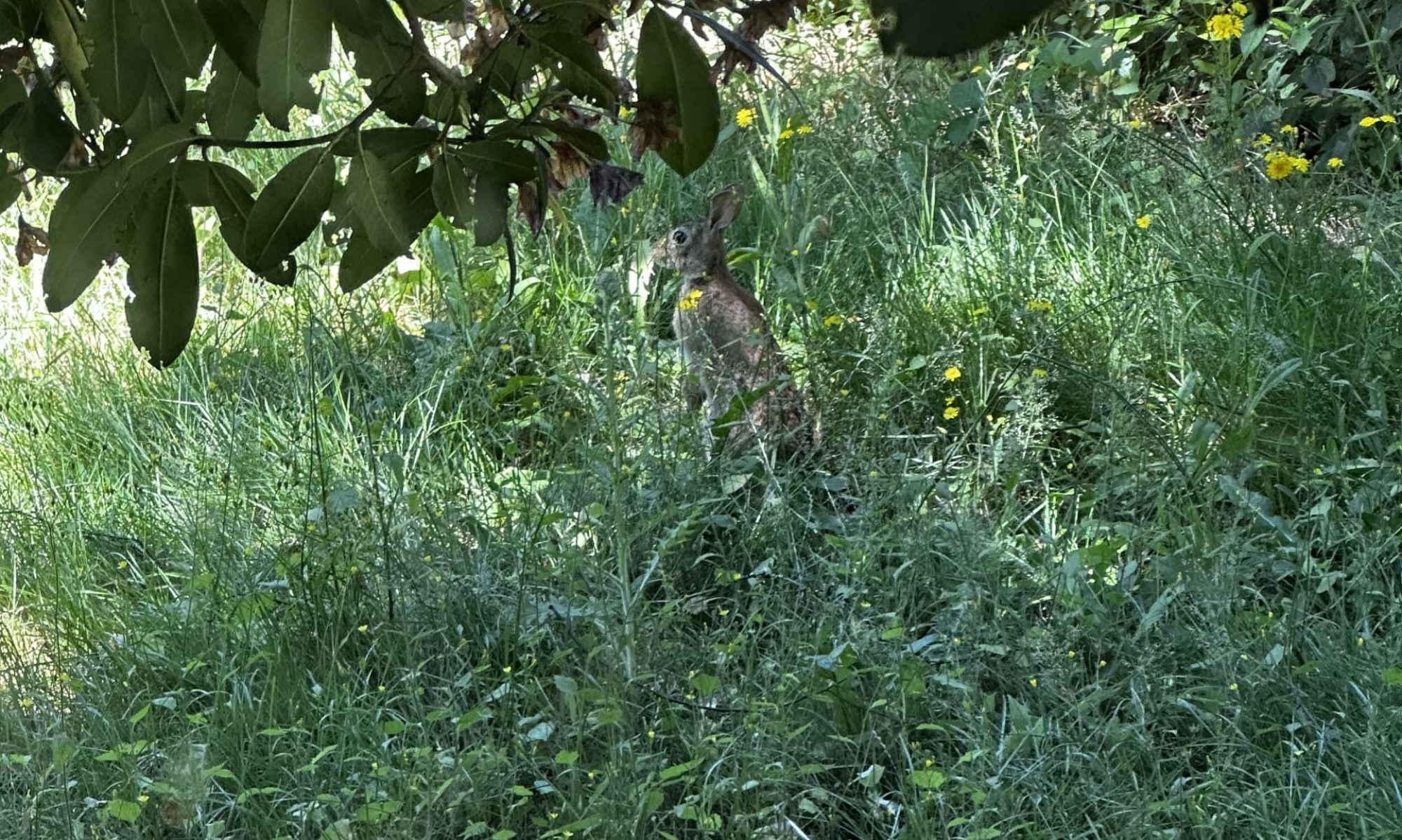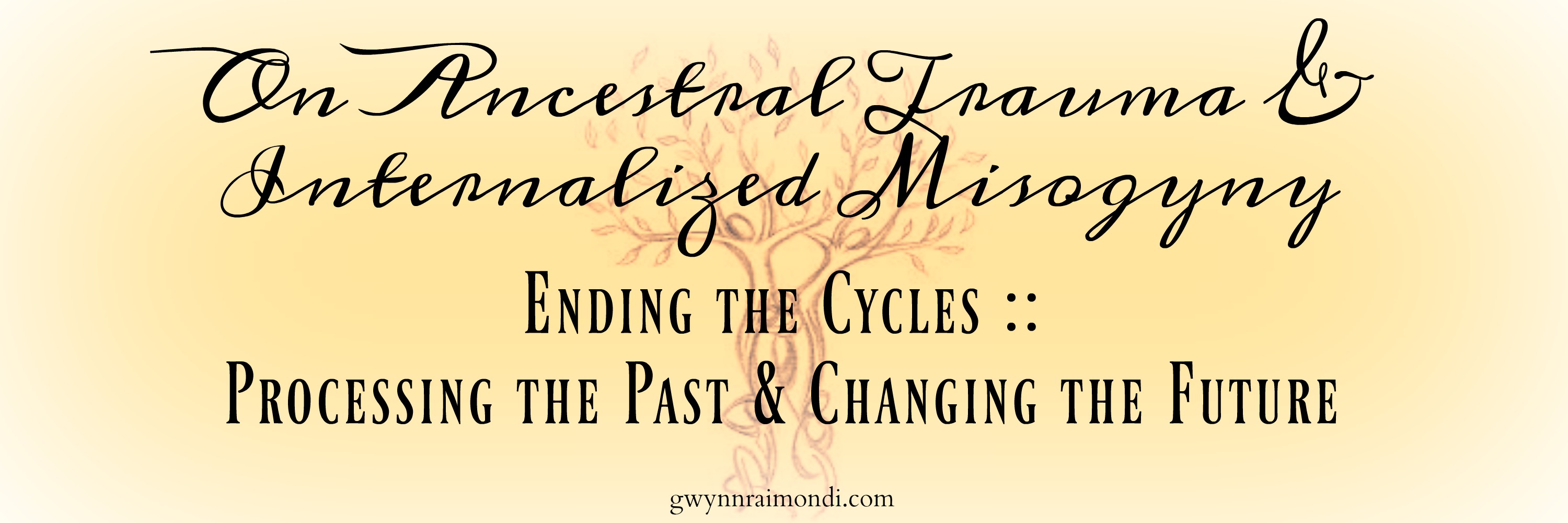Traumatized people chronically feel unsafe inside their bodies: The past is alive in the form of gnawing interior discomfort. Their bodies are constantly bombarded by visceral warning signs, and, in an attempt to control these processes, they often become expert at ignoring their gut feelings and in numbing awareness of what is played out inside. They learn to hide from their selves.
~Bessel A. van der Kolk, The Body Keeps the Score: Brain, Mind, and Body in the Healing of Trauma
Many have researched and written about the truth that trauma is not all in our heads, but that it also lives in our bodies. It is there in our epigenetic DNA, in our cellular memory, in our muscle memory, in our sense memory and lives on in our nervous systems (which then impacts the functioning of every other bodily system).
The physiological signs and “symptoms” of trauma are both universal and individual. They can appear as any (or any combination) of the following ::
• autoimmune disorders
• gastrointestinal disorders
• fatigue
• insomnia and/or nightmares
• racing heart beat and shortness of breath (panic attacks)
• muscle tension
• sexual dysfunction
• reproductive system disorders
• chronic pain
• migraines
• “clumsiness” (i.e. bumping into things constantly or finding bruises on your body that you don’t know where they came from or when you got them)
• neurological disorders (numbness, loss of use or sensation in extremities or in your face/jaw
There has also been research around certain types of cancer and the correlation to specific types of trauma (specifically sexual trauma and reproductive system cancers).
As Bessel van der Kolk and Babette Rothschild have both stated : Our bodies know, and they keep score.
Having trauma living within us causes physical discomfort and dis-ease. Multiple studies have found this to be true. When we consider that all of us have unprocessed trauma living within us -if not from our own lived experience, then from that of our ancestors- we can begin to make sense of the different medical diseases and disorders we see passed down through generations.
It is important for us to not only expand our definitions of trauma to include the experiences of our own lived life (including the list of experiences found on the Adverse Childhood Experience study (ACEs)) but also those of our ancestors and to also consider the traumatic impact of living in our current oppressive patriarchal culture.
Our bodies know. Our bodies remember. Trauma is not something that can be ignored forever. It does not just “go away.” If one generation does not process the traumas they have experienced, future generations will feel the impacts of those traumas within their own bodies and lives.
|
It is vital when we seek professionals to work with in processing our trauma that they understand and know how to work with the impacts trauma has on our physiological systems. It is vital when we do our trauma work that we have others versed in body-centered and somatic approaches. Studies have shown how not having a somatic/body-centered component to trauma work, and only using talk therapies, can actually be re-traumatizing. As professionals we need to be trauma informed. Not everyone needs to be an expert, and I do believe that any person working with other humans in the medical, mental health and body-work (massage, chiropractice, acupuncture, physical therapy, etc) need to have a basic understanding of trauma, how it impacts the body, have some very basic tools to help their clients, and have a list of referrals for those who need someone more well versed. I talk more about all of this in the 10-minute video below |
|
This essay is the second of a four part series I have written exploring trauma, what it is, how it impacts us, and how we can begin to process it. I hope you find it helpful and informative. This essay series is also to introduce the topics we will be exploring in my new six month program Trauma Focused Embodiment Level 1. We begin August 1. You can learn more here. Also the main focus of my individual work is trauma and utilizing trauma informed embodiment with my clients. If you are looking for an individual therapist, you can learn more about me and my individual therapy work here. And finally, I facilitate a free online group on Facebook where we explore trauma, grief, embodiment,and their intersections. It is called Trauma Informed Embodiment and you can join us right here. Links to the other essays in this series:: The Physiological Impacts of Trauma (this essay) The Psychological & Emotional Impacts
|

 No one is innocent in the tide of history. Everyone has kings and slaves in his past. Everyone has saints and sinners. We are not to blame for the actions of our ancestors. We can only try to be the best we can, no matter what our heritage, to strive for a better future for all.
No one is innocent in the tide of history. Everyone has kings and slaves in his past. Everyone has saints and sinners. We are not to blame for the actions of our ancestors. We can only try to be the best we can, no matter what our heritage, to strive for a better future for all.